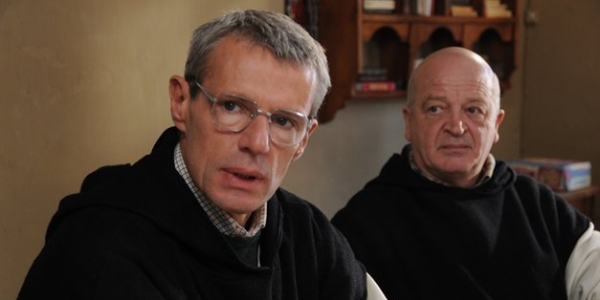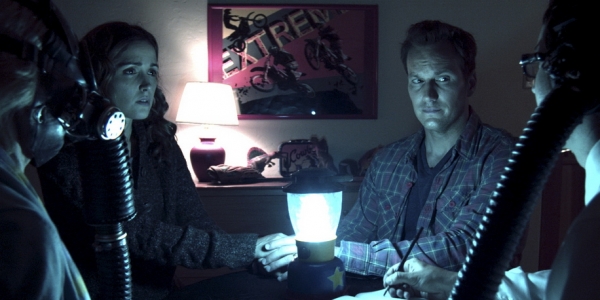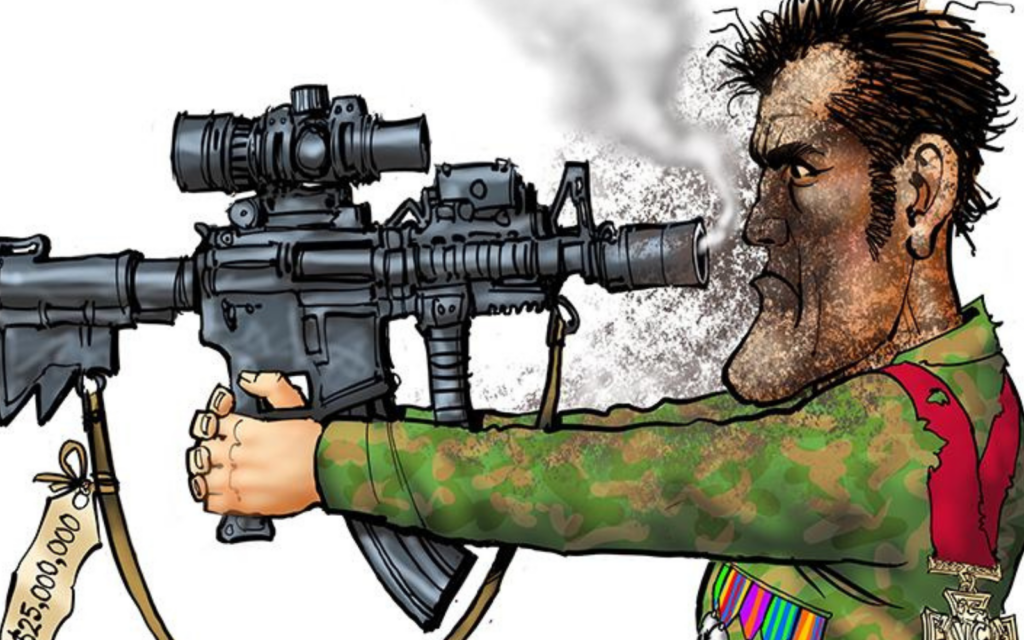Directed by French actor turned director Xavier Beauvois (Le Petite Lieutenant), Of Gods And Men is a quietly powerful and moving drama about spirituality, faith, duty, and stoic nobility.
France’s official entry for the Best Foreign Language Oscar this year, the film is based on a true story about a group of Trappist monks who were murdered by Islamic terrorists in Algeria in 1996. Set in a tranquil monastery at the foot of the Atlas Mountains, Of Gods And Men introduces us to the eight dedicated monks who minister to the impoverished local population.
Beauvois takes great pains to take us inside the daily rituals of these monks, showing us their morning prayers, their periods of quite contemplation, their rudimentary meals, labouring in the gardens and tending their beehives. There are lots of almost dialogue free sequences here as Beauvois painstakingly sets the scene. They are benevolent men of peace and compassion who work closely with the locals without proselytising.
The head of the monastery is the unflappable Father Christian (Lambert Wilson), who is firm in his belief in goodness and the worth of their mission. When a band of rebels arrive asking help to treat a wounded comrade he firmly turns them away. Father Luc (Michael Lonsdale, from Moonrake) runs a small medical clinic and treats the local population with his meagre resources.
Outside the enclave though violence is escalating as a band of extremists challenge the authority of the government. The monks find themselves caught in the middle of a brutal power struggle. A group of Croatian migrant workers have been murdered, and the army offers the monks protection. After much soul searching and debate, the monks refuse to leave, and stoically await their fate. One powerful scene sees the monks singing a Gregorian chant while overhead a helicopter hovers noisily and menacingly. Beauvois draws a subtle contrast between these gentle monks and the religious fanatics who preach hatred and who pervert religion to further their own agenda. Although most of the violence happens off screen, the film is still suffused with a gradually growing air of menace. Beauvoir’s pacing is deliberately slow and contemplative yet curiously unsentimental, giving the audience plenty of time to absorb the atmosphere and appreciate the minutiae of the monk’s routines.
This is a profoundly moving and humane film and Beauvoir’s simplistic approach creates some powerfully emotional moments. Most effective is their last supper, when they sip wine while listening to Tchaikovsky’s Swan Lake. Caroline Champetier’s almost poetically beautiful cinematography is rich and evocative. However, this bleak and austere but ultimately inspiring film about courage in the face of religious extremism will not appeal to everyone.







